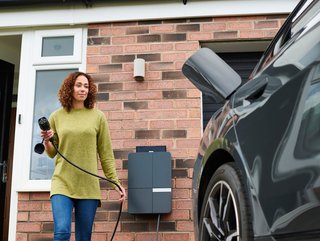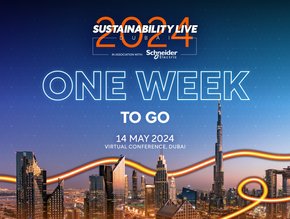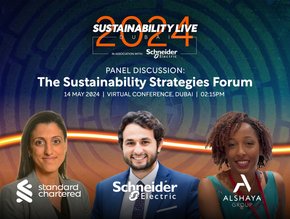BASF: Sustainable Automotive Solutions for the Era of EVs

There are a number of factors that influence the success of the electric vehicle (EV) transition. With massive scrutiny in some areas, EV can be the most sustainable mobility choice, but without considering the embedded emissions in various processes, it won’t be.
It’s all well and good switching efforts to production of EVs, but automakers are also concerned about the varying aspects of EV making: sourcing, production, distribution, and the electricity used to power them.
Not to mention, the weight of an EV makes development more challenging in terms of efficiency, so there is also a need for lighter materials and batteries with higher energy density.
BASF makes this fossil by developing much lighter materials ‘for heavy tasks’, making it a key stakeholder in the development of more efficient cars. The company believes that e-mobility in combination with renewable energy is the key to minimising the impact of mobility in the future.
Some of the main products developed by BASF include the first all-plastic front end carrier and a self-supporting rear seat shell, which are both lighter and therefore reduce the amount of power required, albeit in a fuel-powered car or an EV.
Are electric cars automatically sustainable?
The debate continues as to whether or when EVs will be sustainable. It’s clear at the moment that the first time to eliminate emissions from transportation is the energy source used to power new-energy passenger and logistics vehicles. With switching energy sources, EVs would be powered on fossil-fuel-derived energy, which must be phased out in order to claw back emissions.
Beyond the inevitable, further actions to reduce the impact of cars include designing components with low production emissions and source energy from clean sources. Battery research will also play a key role in reducing the number of emissions from EVs, as experts look to develop a solid-state battery, which would be capable of storing and releasing more energy from a smaller pack.
The health and safety questions around electric cars
There are also a number of questions about the safety and efficacy of EVs. Firstly, there’s the age-old issue of battery safety and chemical hazards, which, although components are becoming much safer, are still well-addressed in the development stages.
Other issues are:
- Emergency Challenges: Electric cars present unique risks in accidents, such as electric shock hazards from high-voltage batteries and more complex firefighting needs due to battery fires.
- Pedestrian Safety Risks: The low noise levels of electric cars at slow speeds can endanger pedestrians, cyclists, and visually impaired individuals who might not hear them approaching.
- EMF Exposure: Ongoing research is examining the health effects of electromagnetic fields from electric cars. Current findings indicate that these EMF levels are within safe limits and likely not harmful.
- Battery Life-Cycle Impact: The production and disposal of lithium-ion batteries raise environmental concerns. This includes the ecological impact of raw material extraction and the need for effective recycling of used batteries.
- Charging Station Safety: Ensuring the safety of expanding electric car charging networks is crucial, requiring regular maintenance and adherence to safety standards to prevent electrical hazards.
- Health Impact of Battery Manufacturing: The process of manufacturing batteries for electric cars involves chemicals and practices that could affect the health of nearby communities through air and water pollution.
*******************
Make sure you check out the latest edition of Sustainability Magazine and also sign up to our global conference series - Sustainability LIVE 2024.
*******************
Sustainability is a BizClik brand.






